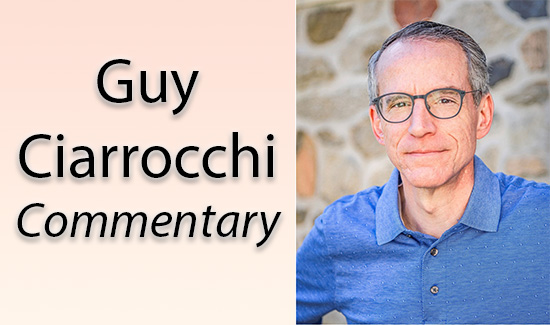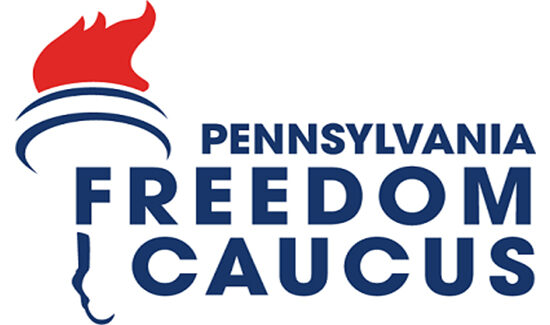Why Republicans Should Not Raise Taxes
With the state budget over a billion dollars out of balance and elections approaching the pressure is on the governing Republican majority in Harrisburg to raise taxes. They should not. To do so would be bad public policy, bad politics, and an abandonment of promise and principle.
Governor Tom Corbett ran for office and has for over three years followed a pro-growth path to restoring the economy of Penn’s Woods, battered by the lackluster economic recovery and a fiscal mess left by his predecessor. He has delivered in that regard, with unemployment in the state slipping to a five-year low of 5.6%. Much of that drop can be attributed to the economic boom brought about by the Marcellus shale industry, which has thrived precisely because Corbett has refused to enact a job crippling severance tax.
It has been proven over and over again that raising tax rates or enacting new taxes actually has the opposite effect on revenue. That is as taxes go higher, economic activity decreases and tax revenue declines. Conversely, cutting taxes attracts investment, which leads to economic expansion that in turn creates more jobs, and ultimately results in more tax revenue.
President Calvin Coolidge and his Secretary of the Treasury Andrew Mellon pioneered the policy of keeping government expenditures low, cutting tax rates and thus reaping more tax revenue triggered by economic prosperity. The Coolidge-Mellon plan worked. President John F. Kennedy followed their example in the early 1960s as did Ronald Reagan in the 1980s as to a lesser extent did George W. Bush early in his administration. In each case the lower tax rates bolstered the economic and increased tax revenue.
As the governor and the legislature battle calls from the spending interests to raise taxes, they would be wise to heed both the lessons of history – and the current improving economy – by resisting raising taxes and instead focusing, as the governor has suggested, on the cost drivers in the state budget.
Not only is increasing taxes bad public policy, it is bad politics. Of course Democrats, along with Left-wing pressures groups and liberal voices in the news media want the GOP to raise taxes. To do so would be to fund the various constituent groups beholden to the Democratic party while leaving Republicans – who hold majorities in both houses of the General Assembly and the governor’s office – solely to blame by the working families, senior citizens and small businesses that must pay the tab. Worse, if taxes are raised, Democrats and their allies will take credit for "forcing" the GOP to raise taxes energizing their core constituencies in the run-up to November’s elections.
The social conservative wing of the Republican Party is already disillusioned. If the GOP caves on taxes it will likewise depress economic conservatives. The end result will be lackluster Republican turn-out at the polls in November. And anybody who thinks such a move will entice independents and Democrats to vote Republican probably also believes if you like your health insurance you can keep your health insurance.
Finally, there is the much debated no tax hike pledge Governor Corbett signed during the Republican Primary four years ago. Those who advocate more government spending and higher taxes view the pledge as foolhardy and claim the governor is now in a political box.
The pledge was developed precisely for situations such as we currently find ourselves. By getting candidates to sign on the dotted line they are on record saying they will adhere to the party’s conservative economic principles and won’t take the easy way out when the going gets rough. Anyone can balance a budget by simply hiking taxes. But in the long term failing to address the cost drivers; failing to fix fiscal disasters such as the pension problem, failing to take advantage of non-tax revenue such as would be generated by privatizing the state liquor stores, only means the tax and spend cycle will continue.
As we approach the constitutionally-mandated budget deadline pressure will mount on the governor and the legislature to give in and raise taxes. The voices urging them to do so will continue to feed at the government trough while the GOP pays the political price, and the productive sector pays the economic price. It is a course of action they would be wise to avoid.
(Lowman S. Henry is Chairman & CEO of the Lincoln Institute and host of the weekly Lincoln Radio Journal. His e-mail address is [email protected].)
Permission to reprint is granted provided author and affiliation are cited.




